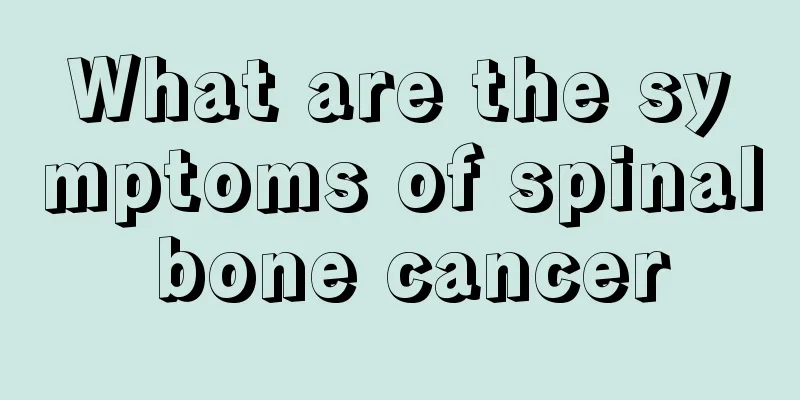What are the causes of pericardial effusion

|
Patients with pericardial effusion may not pay much attention to their physical condition in the early stages, because pericardial effusion may be caused by certain diseases in the body. The causes of pericardial effusion can be divided into two categories: infectious and non-infectious. Pericardial effusion is a common clinical manifestation. Especially after echocardiography became a routine examination method for cardiovascular disease, the detection rate of pericardial effusion in patients has increased significantly, reaching as high as 8.4%. Most pericardial effusions do not cause clinical symptoms due to their small volume. In a small number of patients, pericardial effusion becomes a prominent clinical manifestation due to large amounts of fluid accumulation. When pericardial effusion persists for more than several months, it constitutes chronic pericardial effusion. There are many causes of chronic pericardial effusion, most of which are related to diseases that can affect the pericardium. Causes The common causes of pericardial effusion can be divided into two categories: infectious and non-infectious. (1) Infectious diseases include tuberculosis, viruses (coxsackie, influenza, etc.), bacteria (Staphylococcus aureus, pneumococcus, Gram-negative bacilli, fungi, etc.), protozoa (amoeba), etc.; (2) Non-infected persons include patients with tumors (especially lung cancer, breast cancer, lymphoma, mediastinal tumors, etc.), rheumatic diseases (rheumatoid arthritis, systemic lupus erythematosus, scleroderma, etc.), heart damage or large blood vessel rupture, endocrine and metabolic diseases (such as hypothyroidism, uremia, gout, etc.), radiation damage, and effusion after myocardial infarction. Most pericardial effusions are stubborn and difficult to completely eradicate. Identifying the cause and treating the disease itself can relieve or cure pericardial effusion. Prevention of pericardial effusion Pericardial effusion is mostly chronic pericardial effusion, because it requires long-term self-care to prevent it early. Pericardial effusion is a disease caused by the accumulation of long-term habits. So it is important to develop good habits. as follows: 1. Develop good living habits and don’t smoke. 2. Maintain a good attitude, stable emotions, have healthy eating habits, eat more fruits and vegetables, etc., to improve your immunity. 3. People who must work in areas with heavy oil smoke should try to protect themselves, such as wearing masks, going out regularly to breathe some fresh air, and getting a check-up at least once a year. 4. Keep away from smoke, alcohol, drugs, radiation, pesticides, noise, volatile harmful gases, toxic and harmful heavy metals, etc. |
<<: What are the dangers of high blood sugar? The following three points will tell you
>>: What are the symptoms of pericarditis?
Recommend
The causes of coffee spots, three reasons to tell you
What causes coffee stains? I believe everyone wan...
What should I do if my waist hurts after falling down
In life, accidental falls are not uncommon. At th...
Causes of white nail edges
Many people who have white edges of their nails m...
What are the symptoms of primary liver cancer? Analysis of the classification of middle and late stage primary liver cancer
Primary liver cancer occurs more frequently in cu...
How to take good care of liver cancer in daily life Introduction to three liver cancer care measures
Liver cancer is a common malignant tumor disease,...
What color is the tongue coating of gastric cancer
According to the pathological type and pathologic...
How to prevent teratoma from recurring
Once a teratoma is diagnosed, early surgical rese...
What is the principle of dry cleaning?
In addition to water washing, dry cleaning is als...
37 Reasons why double eyelids turn into triple eyelids
Some people are born with double eyelids, but the...
Ranking of authoritative hospitals for glioma
Nowadays, with the rapid advancement of science a...
What does a mole on the chest mean
Most moles are congenital, and in physiognomy, th...
What are the symptoms during the onset of lung cancer
The mortality rate after suffering from lung canc...
How long after nail removal can I wear shoes
Onycholysis is a treatment method for severely di...
Suspension of study due to depression
Depression is a common mental problem. Many peopl...
Which stage does stomach cancer metastasis belong to?
The spread of gastric cancer is also called metas...









